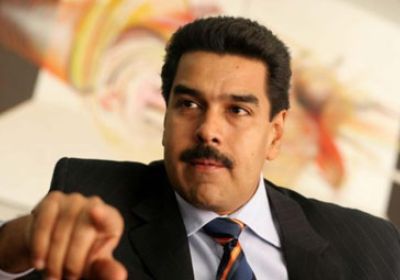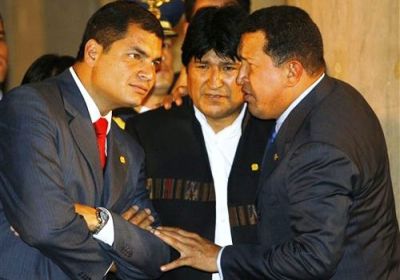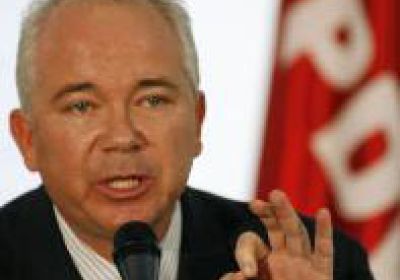
Venezuelan President Hugo Chavez took a giant symbolic leap in the direction of Latin American independence on July 6 when Venezuela and Ecuador conducted the first bilateral trade deal between two countries using a new trading currency, the Sucre, instead of the US dollar.
The Unitary System of Regional Compensation (Sucre) is the currency the adopted last year by the Bolivarian Alliance of the Americas (ALBA) regional bloc to allow member states to trade without using the US dollar.

